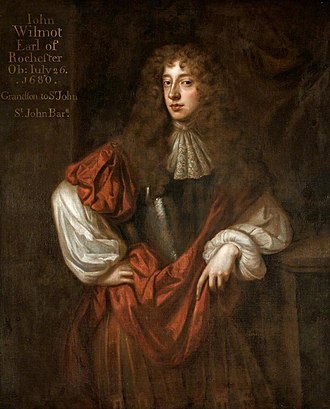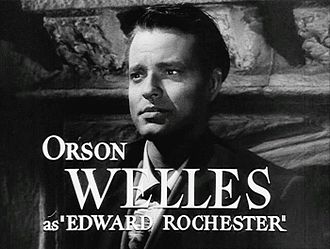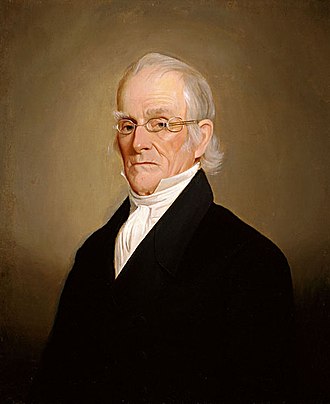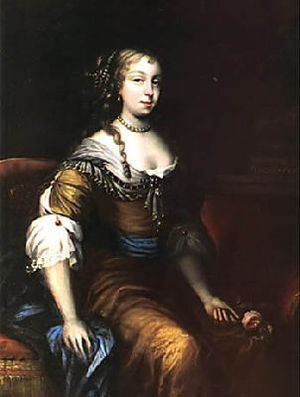Rochester Last Name Origin, History, and Meaning
Where did the surname Rochester come from? What does the surname Rochester mean? Discover the history and meaning of the last name Rochester and family migration on YourRoots Map.
Surname Rochester Origin: What does the last name Rochester mean?
The surname Rochester is of locational origin, originating from the town of Rochester in Kent, England. It first appeared in records from England around the early 15th century, remaining closely associated with the country until the 18th century. Over the centuries, the Rochester surname has spread globally, with significant records found in the United States. Notable individuals bearing this surname include historical figures and modern-day personalities, showcasing a diverse legacy linked to England and beyond.
YourRoots data confirms the presence of the Rochester surname in various countries, highlighting its evolution and global spread over the centuries. From England to the United States and beyond, the Rochester surname has maintained prominence and continues to be recognized in different regions worldwide. Explore the rich history and heritage associated with the Rochester surname, reflecting a legacy that transcends borders and cultures.
Rochester Last Name History: Where did the last name Rochester come from?
Origin of Rochester Surname: Where does the last name Rochester originate from?
According to YourRoots data, the surname Rochester first appeared in records from England around the early 15th century. Please note that this reflects only YourRoots data for the exact Rochester spelling and does not include other record sources or surname variations.
History of the Last Name Rochester: What does the Rochester surname history look like in the early days?
The Rochester surname remained closely associated with England from the 15th to the 18th centuries. YourRoots data also shows Rochester family records in countries like the United States, indicating global spread over the centuries.
Global Spread: Where can we find the Rochester surname today?
By the 20th century, the volume of records with the Rochester surname grew significantly in the United States. The Rochester surname remains prominent in the United States. It appears in many countries, including those like England and others based on YourRoots data.
Explore Rochester last name heritage and Rochester surname origin based on YourRoots Map data
 VIEW THE ORIGIN OF SURNAME ROCHESTER
VIEW THE ORIGIN OF SURNAME ROCHESTERFamous People With Rochester Surame?

John Wilmot, 2nd Earl of Rochester
John Wilmot, 2nd Earl of Rochester (1 Apr 1647 – 26 Jul 1680) was an English poet and courtier during King Charles II's Restoration court. Known for his rakish lifestyle and poetry, he was considered the best English satirist by Andrew Marvell. His works were censored in the Victorian era but saw a revival in the 1920s. Rochester led a colorful life, from a scandalous elopement to serving as a war hero. Despite his early death at 33, his impact on English literature and society endures.

Edward Rochester
Edward Fairfax Rochester (May 10, 1816 - N/A) is a fictional character in Charlotte Brontë's novel Jane Eyre. He is the brooding master of Thornfield Hall and the eventual husband of the novel's protagonist, Jane Eyre. Rochester is known for his Byronic hero characteristics, such as being aloof, intelligent, and passionate. Despite his rough exterior, he is tormented beneath his brusque manner. Rochester's tumultuous relationship with Jane, including a failed wedding due to a hidden marriage, makes him a complex and captivating figure in literature.

Laurence Hyde, 1st Earl of Rochester
Laurence Hyde, 1st Earl of Rochester (Mar 1642 – 2 May 1711) was an English statesman and writer known for his involvement in the Glorious Revolution of 1688. He held high office under Queen Anne but clashed with her frequently, limiting his influence. Hyde was a key figure in English politics during the reign of James II and played a significant role in resisting the king's efforts to promote Roman Catholicism. Despite his dismissal from office, he remained influential in court circles and continued to be a prominent figure in English history.

Nathaniel Rochester
Nathaniel Rochester (Feb 21, 1752 – May 17, 1831) was an American Revolutionary War soldier and land speculator, known for founding the settlement that evolved into Rochester, New York.
Rochester was involved in military, politics, and business, serving as a major in the North Carolina militia during the Revolution. He later became a colonel in the North Carolina Line and held various political positions in the state's General Assembly.
Rochester ventured into land speculation, purchasing acres along the Genesee River in New York with two other wealthy landowners. This investment led to the development of the area and the eventual establishment of the city of Rochester.

Elizabeth Wilmot, Countess of Rochester
Elizabeth Wilmot, Countess of Rochester (née Malet; 1651 – 20 Aug 1681) was an English heiress known for her beauty and fortune. She married John Wilmot, 2nd Earl of Rochester, a notorious "libertine". Despite a scandalous abduction attempt by the earl, Elizabeth forgave him and they married in 1667. Elizabeth was a mother of four, including Lady Elizabeth Wilmot who married Edward Montagu, 3rd Earl of Sandwich. She was also a poet, with surviving works in a manuscript held at the University of Nottingham. In the movie "The Libertine" (2004), she was portrayed by Rosamund Pike. Elizabeth passed away at the young age of 30, shortly after her husband, leaving behind a legacy of wit and poetry.
All images displayed on this page are sourced from Wikipedia or Wikimedia Commons.We use these images under their respective Creative Commons or public domain licenses. Wherever applicable, author attributions and license information are provided. If you believe an image is used incorrectly or outside its license terms, please contact us so that we can review and correct the issue.




.png)